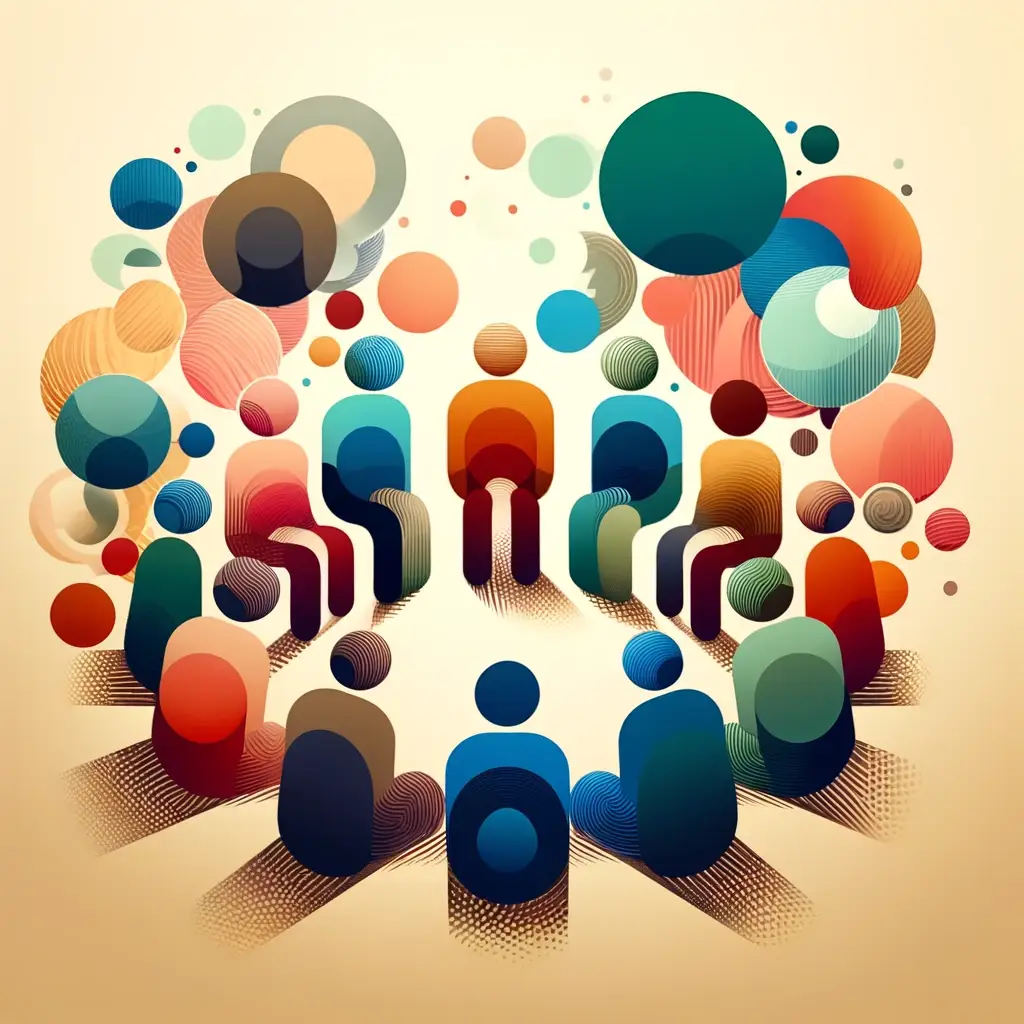
Digital Storytelling Workshop
Overview
Our Digital Storytelling workshop draws on the powerful methodology developed at the StoryCenter 30 years ago, which has inspired a global community of practice. It is a unique opportunity for participants to take ownership of their narratives, turning personal experiences into impactful digital stories over the course of an intensive three-day process.
Process
The creation of a digital story in our workshop adheres to the well-defined seven-stage process outlined by the methodology:
- Owning Your Insights: Participants begin by exploring their own memories and selecting a pivotal moment that has shaped their personal insight.
- Owning Your Emotions: This stage involves recognizing the emotions associated with the chosen insight, ensuring the story’s emotional depth.
- Finding the Moment: Participants pinpoint the exact moment that can best illustrate their story, focusing on specific details to enhance relatability and engagement.
- Seeing Your Story: Visual elements are selected to accompany the narrative. Participants choose images and video clips that visually represent their story, enhancing the narrative’s impact.
- Hearing Your Story: This stage focuses on the auditory aspects of storytelling. Participants record their narratives, adding a personal voiceover that conveys the emotions and insights of their story.
- Assembling Your Story: Using digital editing tools, all elements—audio recordings, visuals, and scripted narrative—are combined into a cohesive digital story.
- Sharing Your Story: Completed stories are shared within the workshop group, fostering a supportive environment for feedback. Participants have the option to share their stories with a wider audience, respecting their personal choice and ownership of the narrative.
Within this framework we have the ability to adapt these workshops to the needs of learners based on their technical expectations. This workshop can be focused around any relevant theme.
Flexibility and Commitment
While the workshop is designed to run over three full days, we understand that different groups may have varying needs. However, it is crucial that participants commit to attending the entire workshop to ensure continuity and a cohesive learning experience. The ideal number of participants for each session is six, allowing for personalized attention and an intimate setting conducive to sharing and collaboration.
Target Audience
This workshop is particularly valuable for individuals and groups who are often marginalized. It is also ideal for educators, community leaders, and advocates who can take this methodology into new communities and adapt it to local languages. This adaptability allows the voices of marginalized people to be heard and validated more widely. By equipping participants with the tools and knowledge to replicate this process, we empower them to become catalysts for change in their own communities, ensuring the workshop’s impact extends beyond the initial audience.
About the Facilitator: Patrick Desloge
Patrick Desloge, founder of The StoryLab, is a seasoned facilitator with extensive experience in digital literacy and education. His journey began as a Senior Lecturer at the University of Hong Kong, where he first engaged with digital storytelling. His commitment to educational innovation led him to author a significant teaching development grant, focusing on integrating digital storytelling as a summative reflective task in experiential learning.
Patrick deepened his expertise by completing a Facilitators Intensive course at the StoryCenter in Berkeley and subsequently led workshops in Thailand and Myanmar as part of an experiential learning project with his students. During the COVID-19 pandemic, he collaborated with the StoryCenter to pioneer online models of storytelling, co-teaching with Joe Lambert. This experience culminated in an online course where Hong Kong University students facilitated digital storytelling workshops for marginalized learners in Thailand, Myanmar, and India, demonstrating his commitment to using digital storytelling as a tool for empowerment across diverse communities.


